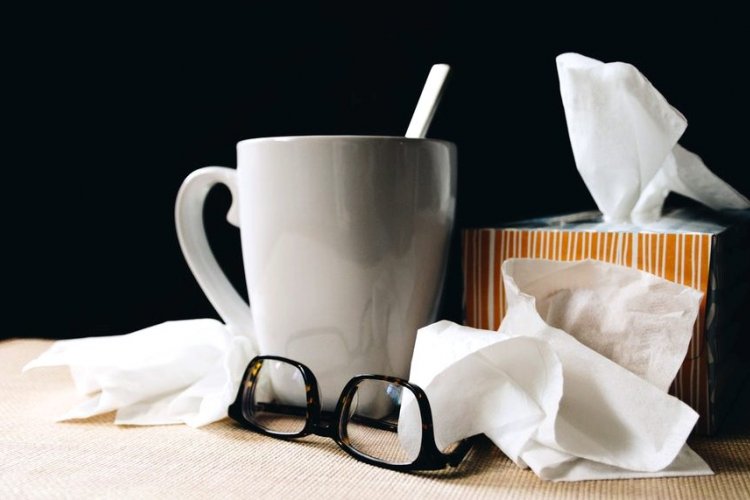Stay Healthy and Warm This Winter With These Nuggets of TCM Wisdom
Wait! Don't roll your eyes just yet.
Traditional Chinese medicine (TCM) may sometimes veer into strange territory (going bald? eat black foods!) but there is plenty of good advice to be found in the tradition, especially that which revolves around eating seasonally and locally, and listening to your body's natural rhythms.
According to TCM, during winter, qi (our essential energy) is more subdued while between yin (darkness, rest) and yang (brightness, energy), it is the former elements that are peaking. Therefore, it is generally advisable to “enrich yang and subdue yin” in order to keep these two opposite but complementary energetic forces in balance.
Ok, fine, but what does that actually mean for you healthwise?
Food consumption
The predominant theory behind TCM is that nature and the human body are closely interconnected, and each season correlates with specific human organs. Winter is deemed to affect our kidneys and bladder, so you should aim to consume foods that specifically benefit these two organs. Luckily for us, these foods are also in season and include root vegetables (carrots, turnips, lotus root), winter leafy greens, and food that specifically nourishes the kidneys like black beans, shelled nuts (walnuts, chestnuts), and sesame seeds.

If you're a meat-eater you should choose lamb (it is a "yang" food after all!) over other red meat. You should also try to minimize the consumption of raw food, and instead focus on warm meals like soups and stews. Staying hydrated with plenty of warm water (of course) and herbal teas are also good for your kidneys.
Exercise routines
According to our ancestors, and TCM doctors, one of the most important principles for a healthy life in winter is 冬藏 dōng cáng “winter store,” which is the practice of slowing down and resting to conserve strength and store energy for the coming spring, a time when everything leaps back to life with energy and turmoil.
To that end, TCM suggests that you reduce extreme exercise or activities like running, boxing, or acrobatics, and instead do something gentler like yoga or Tai Chi. Regular stretching is strongly recommended for sedentary, desk-workers.

Oh, and when you're not drinking tea, doing Tai Chi, or avoiding marathons, make sure to rub your ears regularly. It's believed that the nerves in the ears are connected to your internal organs, especially the kidneys, and so by rubbing your ears you're are able to accelerate blood circulation to your viscera and improve kidney health.
Quality sleep
To avoid the many pitfalls of a long and arduous winter, it's good not only to nourish yourself physically but also spiritually. One TCM belief that is unlikely to find many naysayers is that quality sleep is essential to your spiritual health.

Ideally, we should align our sleeping patterns with the sun, rising late and going to bed early, following the pattern of winter's shorter days. Though this is nigh impossible for the majority of people living in the modern world, you should at least try to get more sleep in the colder months of the year. (Western medicine alert!) There is some evidence that going to bed before midnight rewards you with the highest-quality sleep and REM patterns, but no matter when you do go to bed, aim to switch off your devices an hour or so beforehand, and allow your brain to wind down by reading a book, listening to a podcast, or drinking herbal tea – that's something we can all agree on!
READ: Winter-Proof Your Beijing Apartment With These Simple Tips
Images: Gif.com, Pixabay







